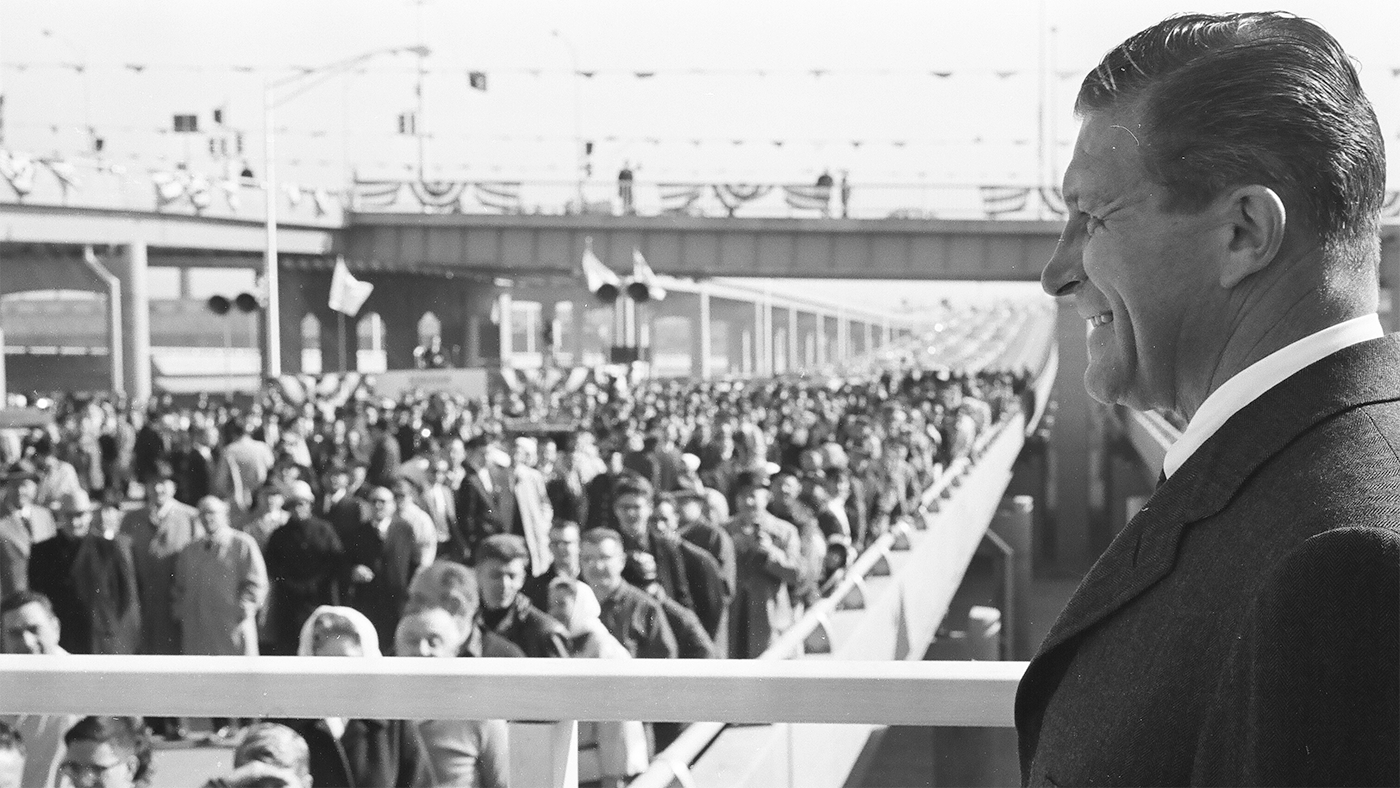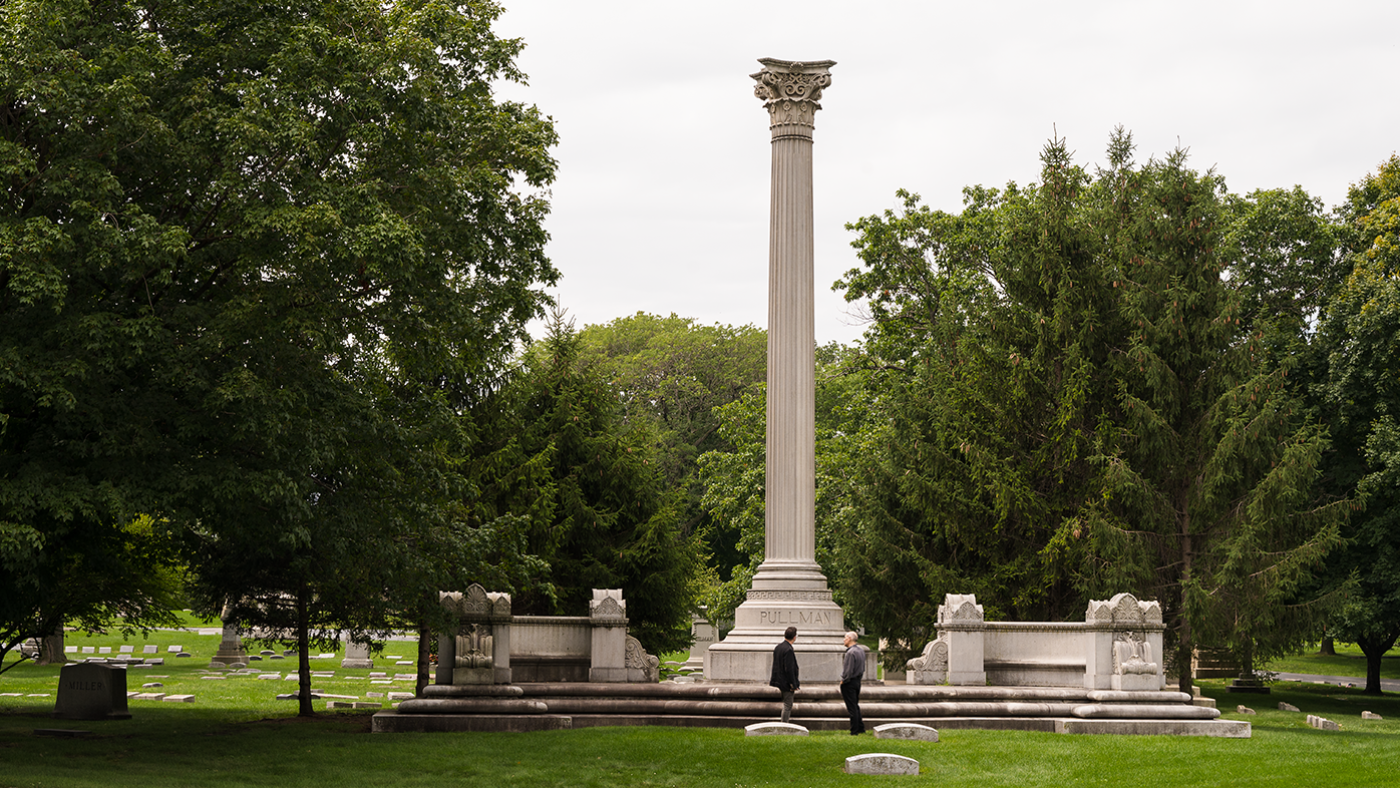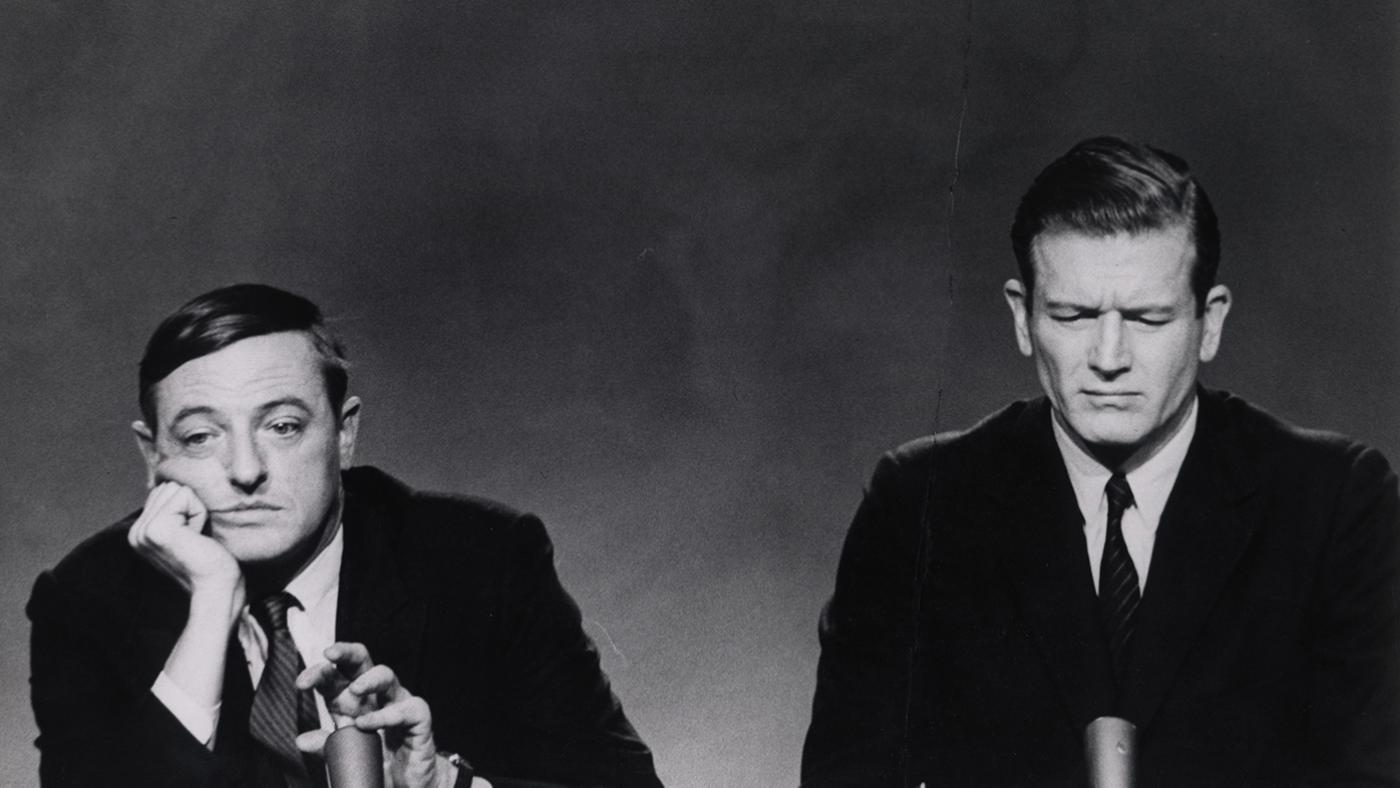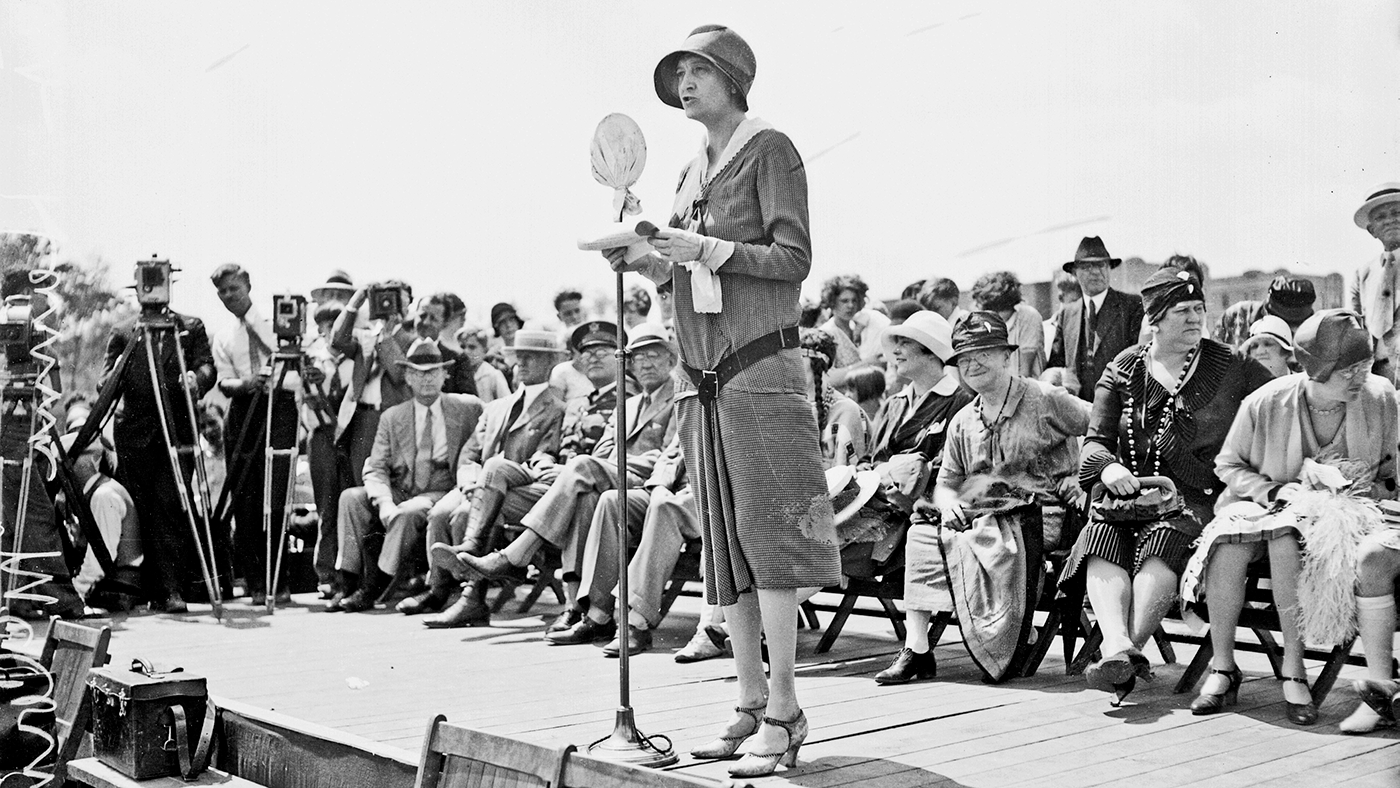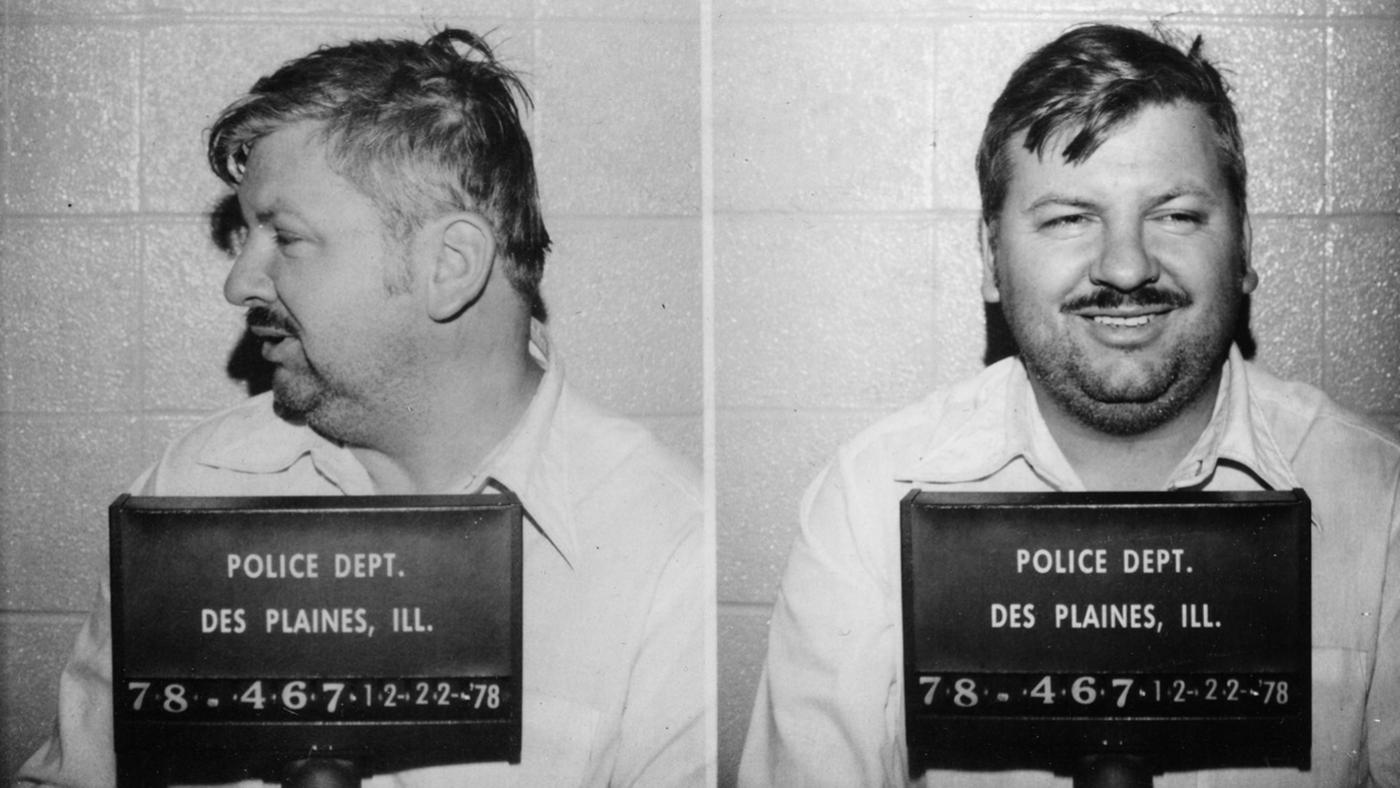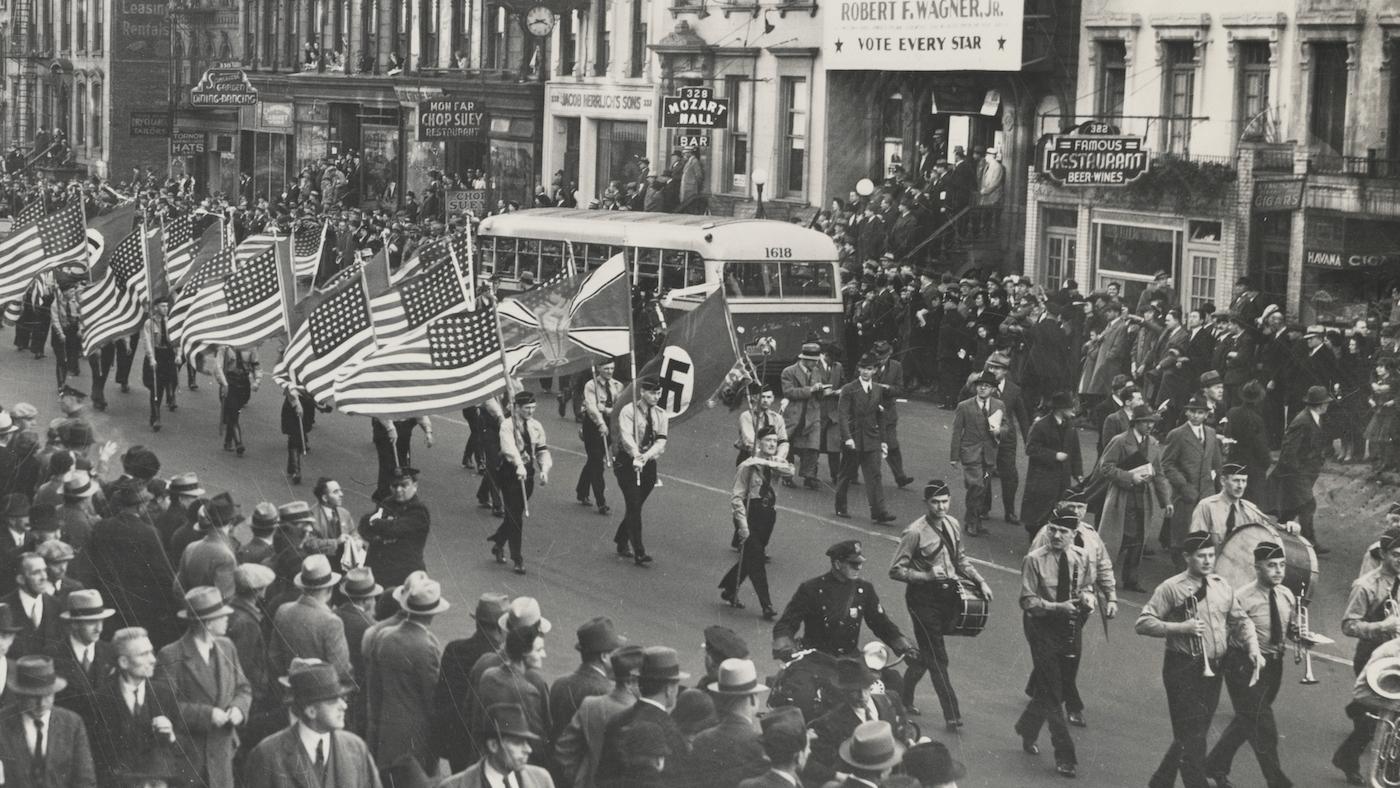The Extraordinary Chicago Interfaith Gathering That Introduced Asian Religions to America
Daniel Hautzinger
May 10, 2024
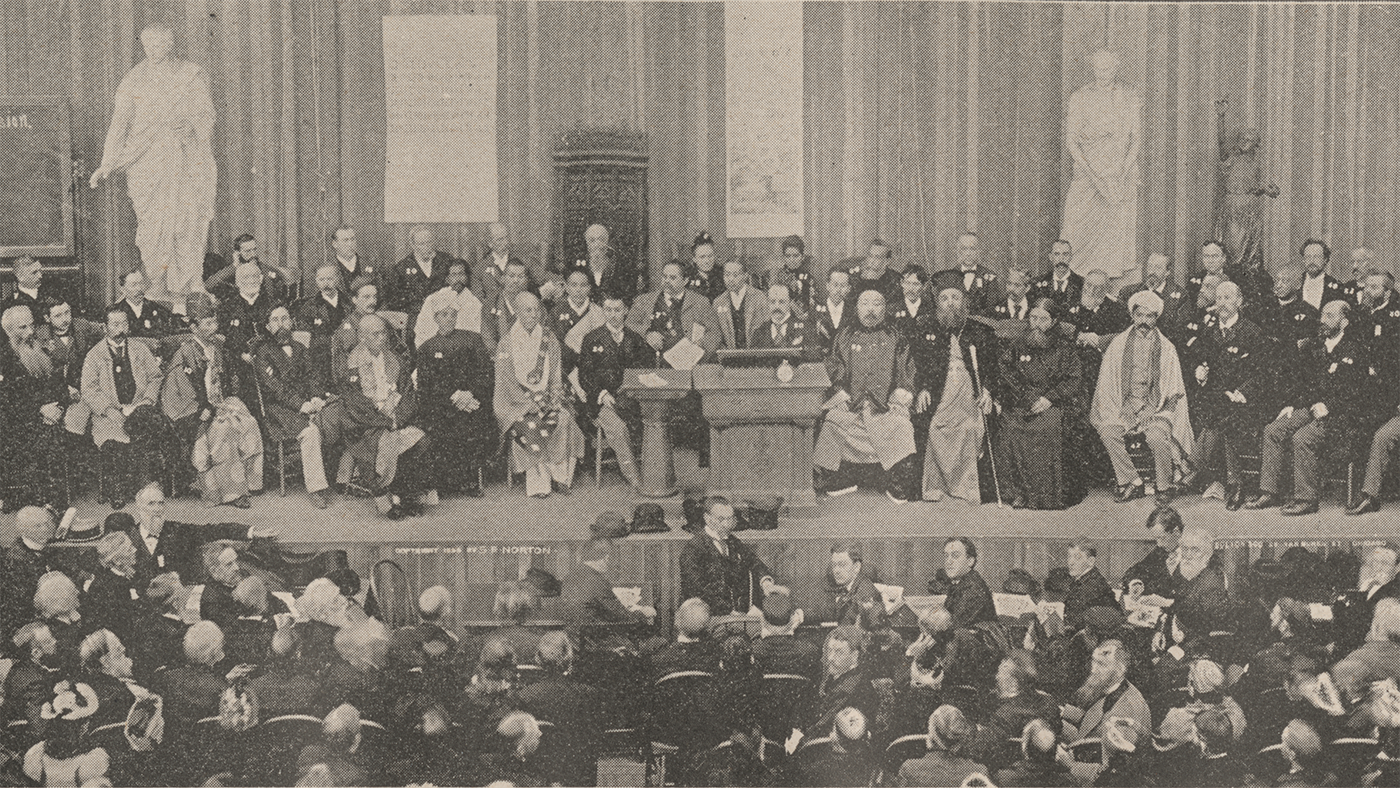
America's First Guru, about the Hindu monk and 1893 World's Parliament of Religions delegate Swami Vivekananda, is available to stream.
Today you can find places of worship for an unbelievable array of faiths in and around Chicago, but in 1893, Hinduism, Buddhism, Jainism, and the Bahá’í faith were little-known in America, let alone practiced. And yet prominent ambassadors of those and other religions all traveled to Chicago in the fall of 1893 to meet with Christian and Jewish leaders and scholars to share their beliefs and try to find common understanding in what was an extraordinary interfaith gathering.
This was the World’s Parliament of Religions, which took place during the World’s Columbian Exposition in Chicago. Some 400 men and women representing 41 denominations and religious traditions traveled from across the globe to gather for seventeen days in September.
“We come together in mutual confidence and respect, without the least surrender or compromise of anything which we respectively believe to be truth or duty, with the hope that mutual acquaintance and free and sincere interchange of views on the great questions of eternal life and human conduct will be mutually beneficial,” Charles C. Bonney, an originating force behind the Parliament, said in his opening remarks.
The newspaper The Chicago Inter Ocean called the Parliament the “most significant conference of the world.”
Later that first day, the Hindu monk Swami Vivekananda addressed the crowd as “sisters and brothers of America” and received an ovation that lasted minutes. He expressed his wish that the gathering might mark the beginning of the end “to all fanaticism, to all persecutions with the sword or the pen, and to all uncharitable feelings between persons…”
Through his appearance at the Parliament and tours in the United States, Vivekananda – the subject of the documentary America’s First Guru – essentially introduced Hinduism to mainstream America. Indeed, the Parliament served as a formal Western debut for many Asian religions. The Japanese monk Soyen Shaku and Sri Lankan Anagarika Dharmapala explained Buddhism, the former in its Zen form and the latter Theravada. The Indian lawyer Virchand Gandhi spent a year training with Jain monks to serve as Jainism’s representative in Chicago, since the orthodox monks were forbidden by their religion from traveling outside India. Islam, while better known than those other religions in the West, had a less obvious representative in the form of an American convert. An American Presbyterian missionary who had spent time in the Middle East became the first person to publicly address the Bahá’í Faith in America. Even the homegrown Christian Science gained some exposure at the Parliament.
These delegates gave speeches and lectures about their faith to each other and audiences of 4,000 or more people in a grand building that is now the Art Institute of Chicago. Nineteen women spoke, an unusually high number for the time. Native Americans, however, were not invited.
The organizers of the Parliament hoped that it could reveal common ground between diverse faiths, allow various believers to learn from other traditions, and inspire a “spirit of human brotherhood,” as one of its ten stated objectives said. By showing that religions did not have to fight or suppress each other, it was hoped that “permanent international peace” could eventually be secured by bringing “the nations of the earth into a more friendly fellowship.”
A century later, a new Parliament of the World’s Religions convened again in Chicago, and seven more have taken place since then, including most recently in Chicago in 2023. That gathering drew 8,254 attendees from over 95 countries and more than 210 traditions, according to the Parliament of the World’s Religions – perhaps the world’s largest gathering of interfaith leaders.
The Parliament retains a progressive slant, with conservatives generally refusing to participate, and it pointedly states that its advocacy of religious freedom is not “a shelter for the nationalist or anti-woman lobby among faith communities.” 2023’s version focused broadly on combating authoritarianism around the world, with significant attention paid to climate change, among other issues.
Its vision of tolerance has grown more encompassing since that first aspirational gathering in 1893 – Native Americans are now invited, alongside Wiccans and more – but it still hews to a belief expressed by Swami Vivekananda upon the closing of the Parliament: “If the Parliament of Religions has shown anything to the world it is this, that it has proved to the world that holiness, purity, and charity are not the exclusive possessions of any church in the world and that every system has produced men and women of the most exalted character.”

